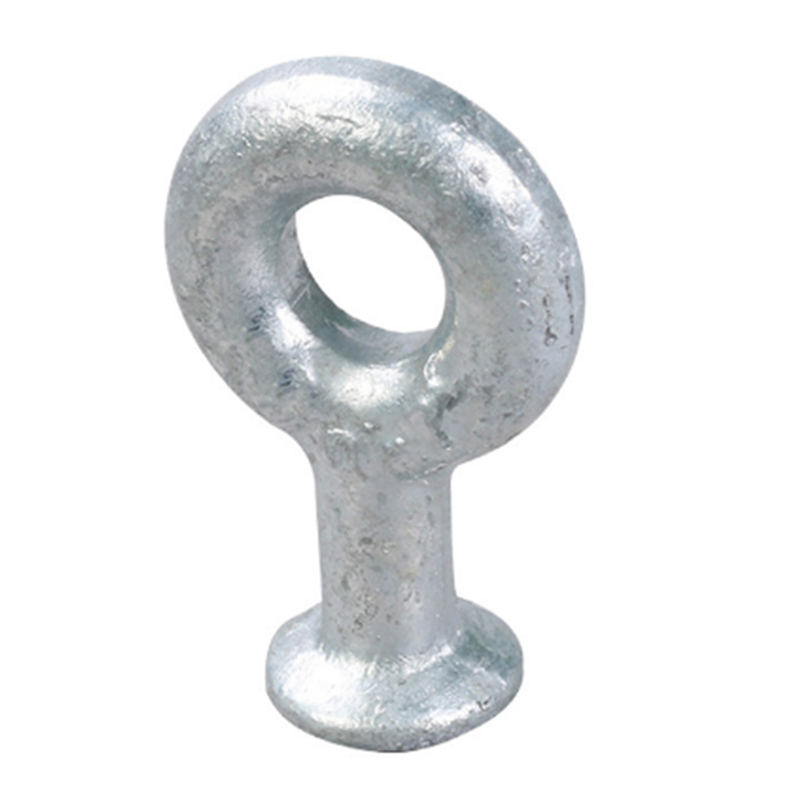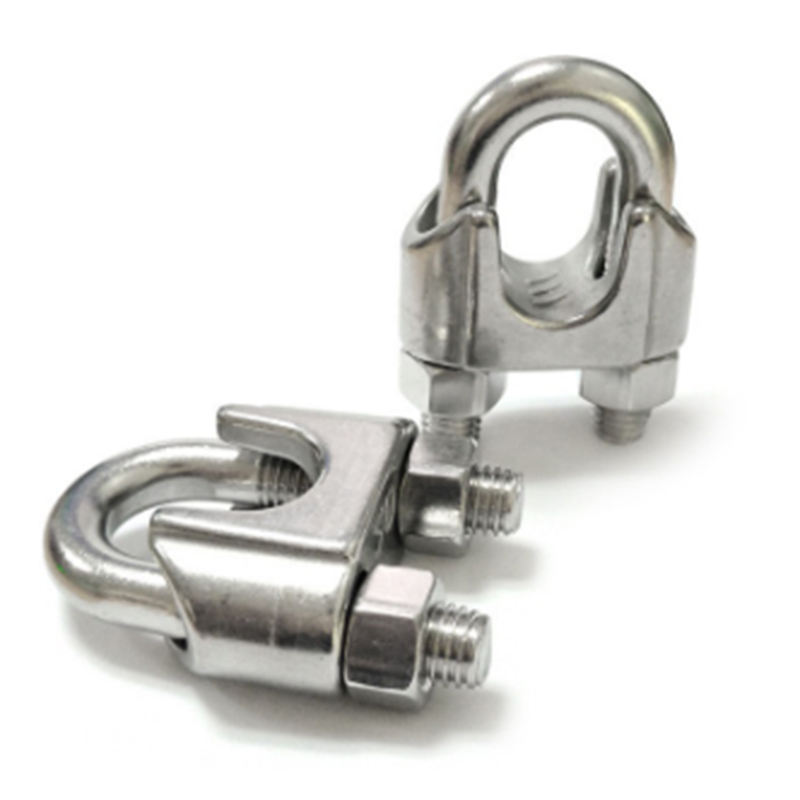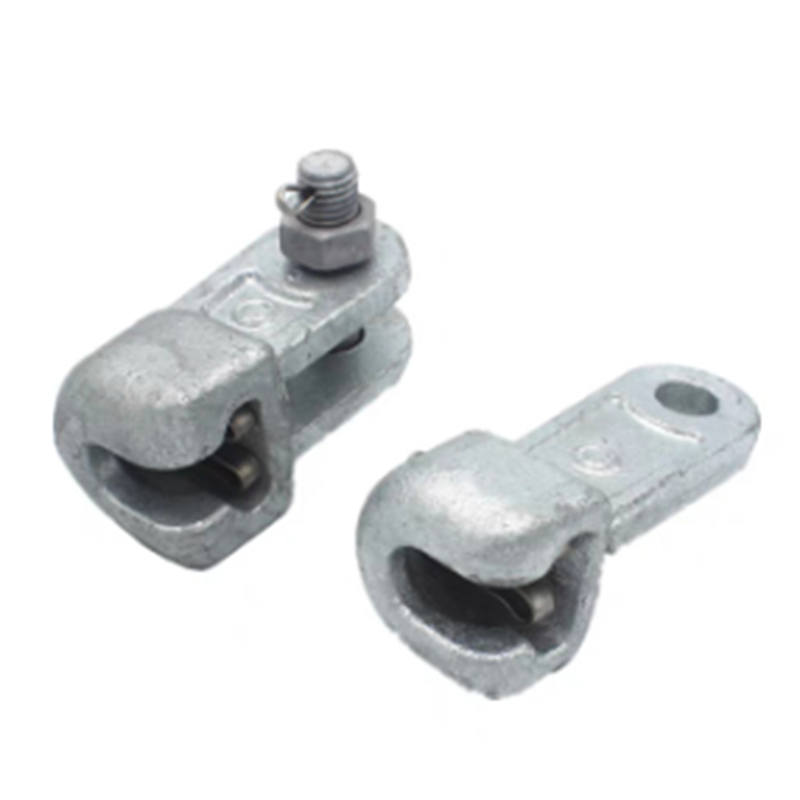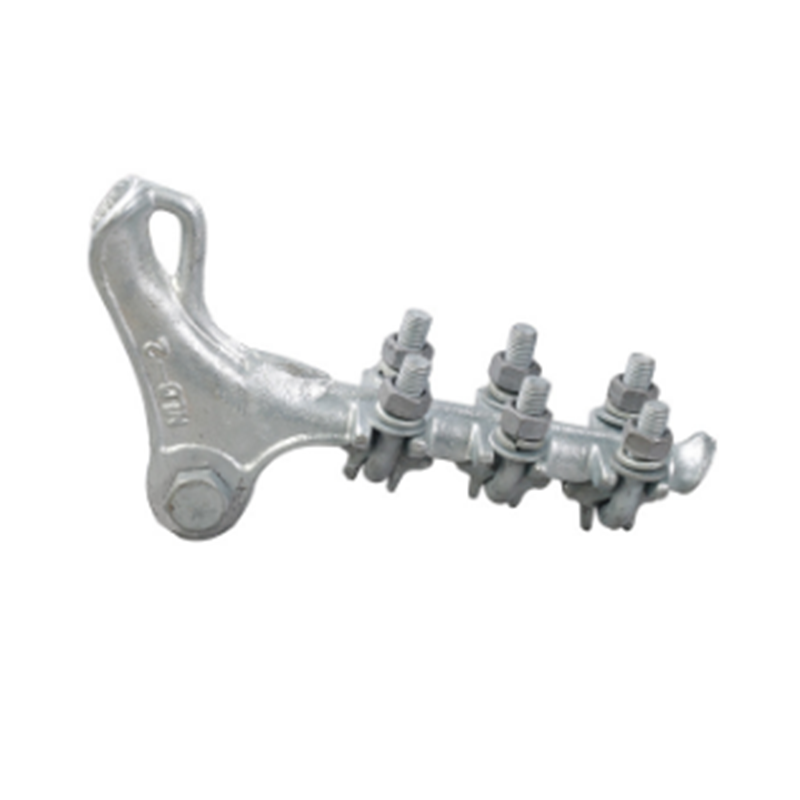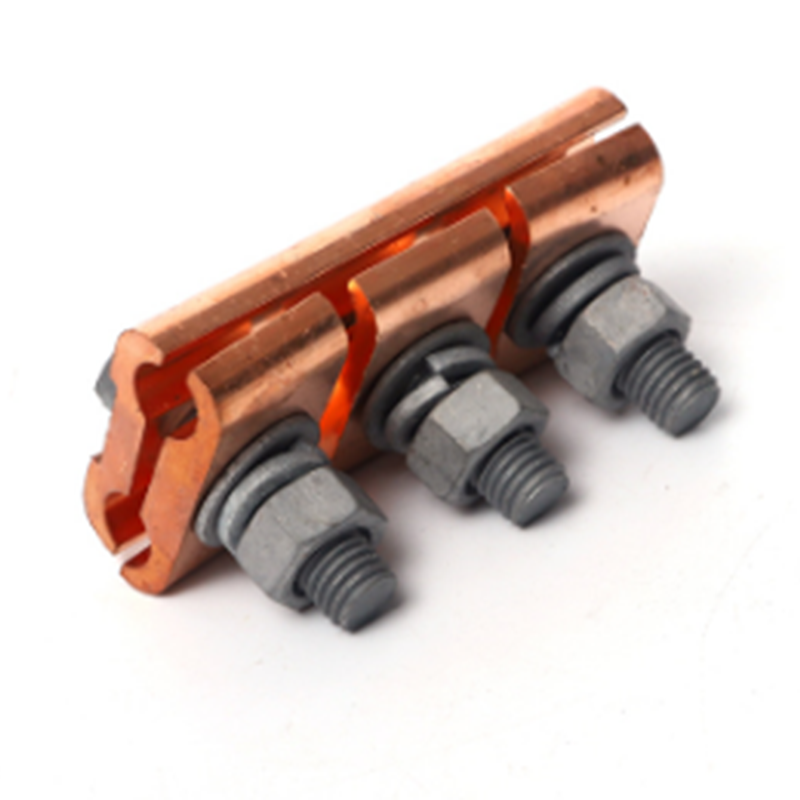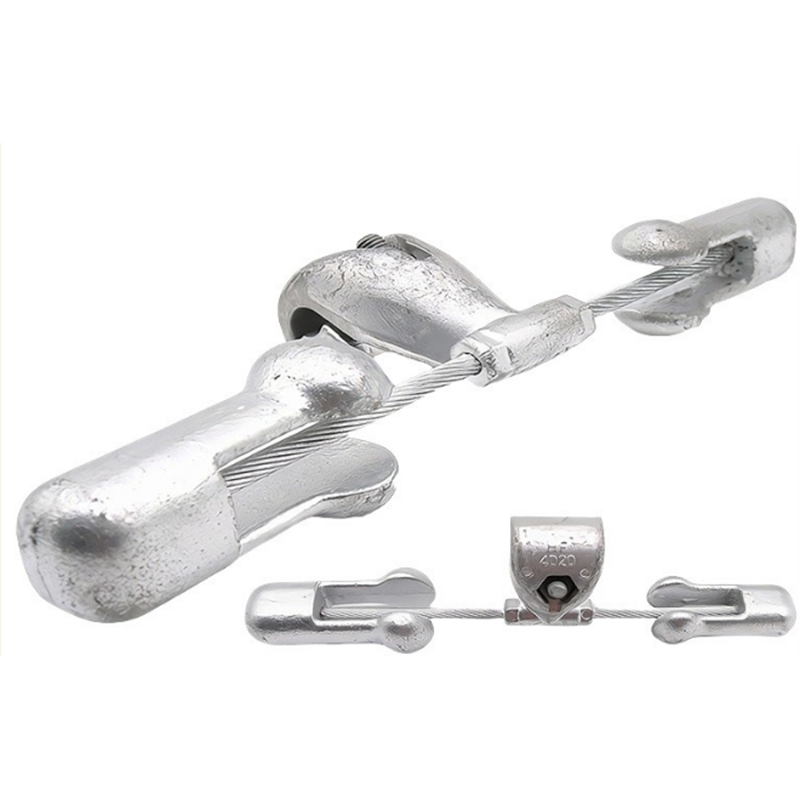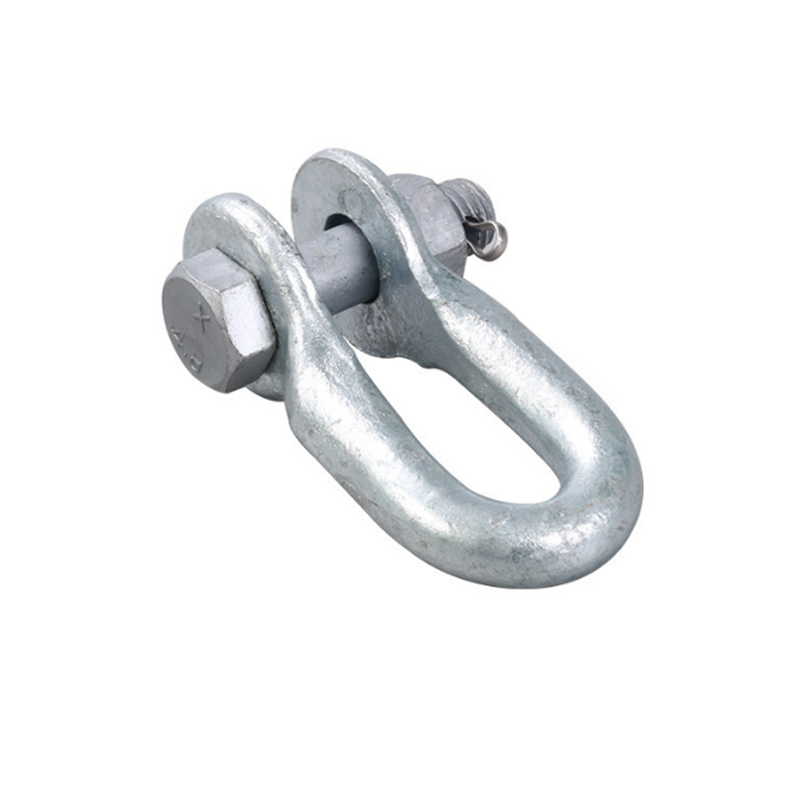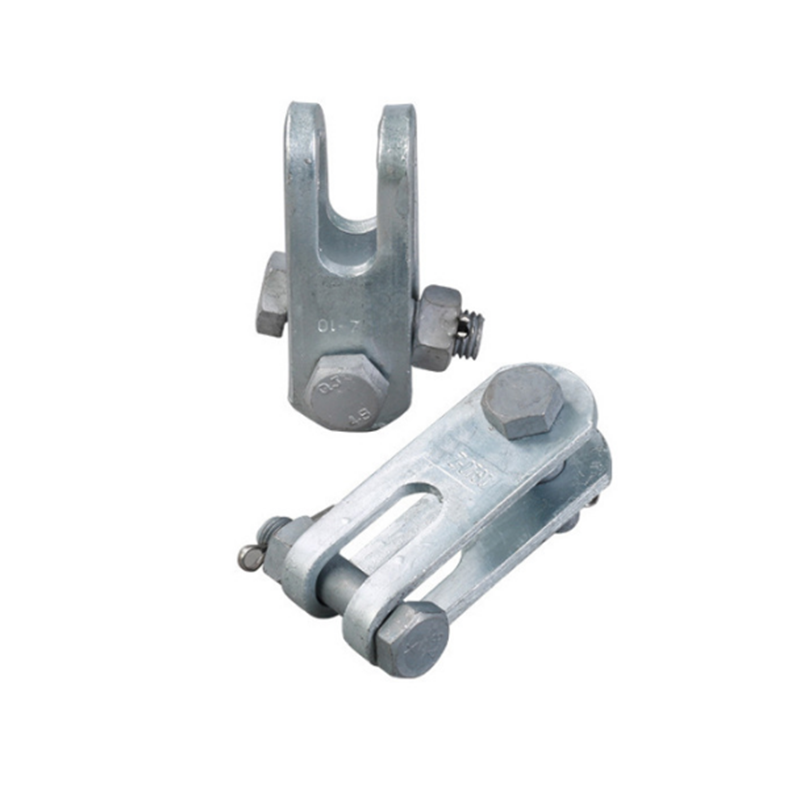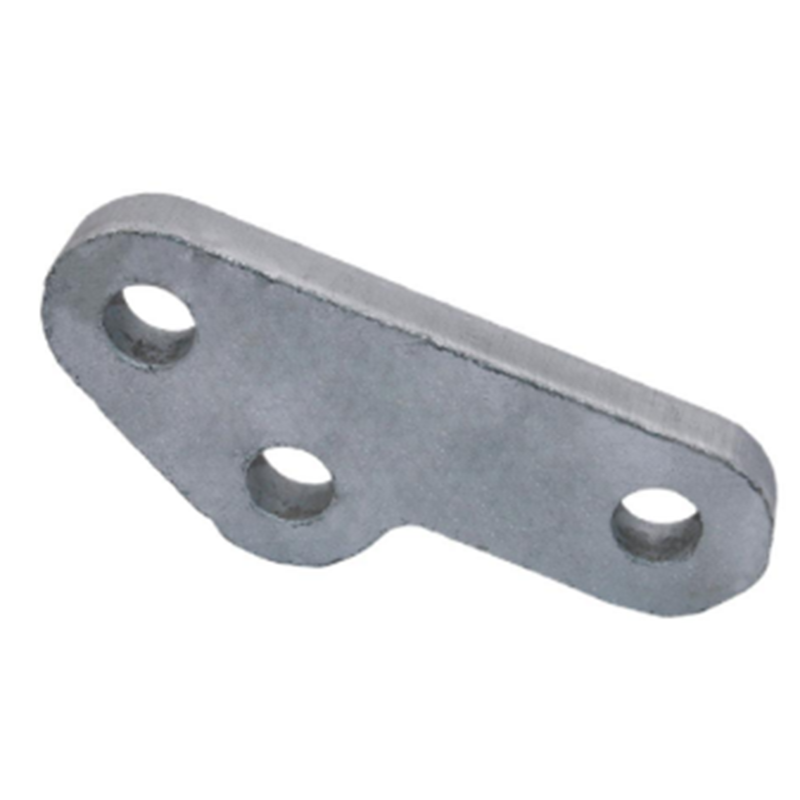- Chinese
- French
- German
- Portuguese
- Spanish
- Russian
- Japanese
- Korean
- Arabic
- Irish
- Greek
- Turkish
- Italian
- Danish
- Romanian
- Indonesian
- Czech
- Afrikaans
- Swedish
- Polish
- Basque
- Catalan
- Esperanto
- Hindi
- Lao
- Albanian
- Amharic
- Armenian
- Azerbaijani
- Belarusian
- Bengali
- Bosnian
- Bulgarian
- Cebuano
- Chichewa
- Corsican
- Croatian
- Dutch
- Estonian
- Filipino
- Finnish
- Frisian
- Galician
- Georgian
- Gujarati
- Haitian
- Hausa
- Hawaiian
- Hebrew
- Hmong
- Hungarian
- Icelandic
- Igbo
- Javanese
- Kannada
- Kazakh
- Khmer
- Kurdish
- Kyrgyz
- Latin
- Latvian
- Lithuanian
- Luxembou..
- Macedonian
- Malagasy
- Malay
- Malayalam
- Maltese
- Maori
- Marathi
- Mongolian
- Burmese
- Nepali
- Norwegian
- Pashto
- Persian
- Punjabi
- Serbian
- Sesotho
- Sinhala
- Slovak
- Slovenian
- Somali
- Samoan
- Scots Gaelic
- Shona
- Sindhi
- Sundanese
- Swahili
- Tajik
- Tamil
- Telugu
- Thai
- Ukrainian
- Urdu
- Uzbek
- Vietnamese
- Welsh
- Xhosa
- Yiddish
- Yoruba
- Zulu
- Kinyarwanda
- Tatar
- Oriya
- Turkmen
- Uyghur

Connecting bolts
Understanding Connecting Bolts: Practical Insights
Connecting bolts often get overlooked. Yet, these small components are the backbone of countless structures. In industries ranging from construction to automobile manufacturing, understanding their application can make all the difference. Let's delve into the nuances of connecting bolts and how they impact real-world applications.
The Basics of Connecting Bolts
When discussing connecting bolts, it's vital to start with their fundamental role: securing joints between different parts. Whether it's a steel structure or a piece of machinery, the right bolt ensures stability and safety. But choosing the right bolt isn't just about size—it's about material, thread type, and even the environment they're used in.
A common mistake is assuming all bolts are the same. For example, overlooking the importance of tensile strength can lead to failures in high-stress environments. This is where companies like Shengfeng Hardware Fastener Factory come into play, offering a vast range of specifications to suit any need.
Located strategically in Hebei Pu Tiexi Industrial Zone, Shengfeng emphasizes quality and variety. From spring washers to expansion bolts, their offerings illustrate just how diverse fastening solutions must be.
Choosing the Right Material
Another critical factor in using connecting bolts is material choice. Steel is commonplace, but not always the best choice. Environments exposed to moisture might demand stainless steel for its corrosion-resistant properties.
I've seen projects where failure to choose the right material resulted in costly repairs. On one occasion, using galvanic zinc-plated bolts in a high-salt environment led to rapid deterioration. This is a reminder that the right bolt can save both time and money in the long run.
Shengfeng's experience in this field offers a significant advantage. Their proximity to key transport routes, as shared on their website, enables them to supply quality materials quickly, adapting to specific project needs.
Thread Types: More Than Just a Detail
Threading might seem like a minor detail, but in practice, it's a key component of a successful connection. The thread type affects the bolt's grip and can influence the load a bolt can handle. Coarse threads are typically easier to tighten and can handle heavier loads, while fine threads offer better adjustment in applications where vibration is a concern.
During a retrofit of an industrial machine, I recall a misstep caused by a mismatch in thread types. The machine's performance suffered significantly until we replaced the bolts. Recognizing these subtleties early can prevent larger headaches down the road.
Shengfeng’s broad catalog ensures that professionals can find the specific thread type required, an advantage detailed on their site at Shengfeng Hardware Fastener Factory.
Installation: A Critical Step
Installation technique can often make or break the effectiveness of connecting bolts. Over-tightening can lead to shearing, while under-tightening might fail to hold components securely.
I've witnessed projects delayed because of incorrect installation, often due to lack of training or oversight. Effective installation isn’t just about applying torque; it’s about understanding the joint’s load requirements and how the bolt’s material responds to tension.
Learning from past mistakes, Shengfeng’s products are designed for ease of installation, a reflection of their commitment to customer satisfaction and safety.
Failures and Learnings
Despite best efforts, failures can occur. However, each failure can be a learning opportunity. Reflecting on past projects, it’s clear that clear communication and thorough planning minimize the risk of bolt failure.
For instance, in one project involving structural steel, assumptions about environmental conditions led to unexpected corrosion issues. In contrast, successful projects often feature comprehensive assessments of not just the bolt itself, but its interaction with the entire system.
Having the right partner, like Shengfeng Hardware Fastener Factory, allows for better risk management. Their expertise and quality assurance make them a reliable choice in mitigating such risks.
Соответствующая продукция
Соответствующая продукция







